19+ Survey Samples
Browse through these survey samples to see how you can obtain important information for your organizational needs:
-

Academic Survey
Use this survey to see how you can better the institution for members of the academe.
-
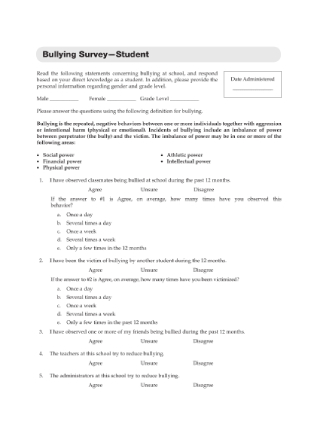
Bullying Survey
Ensure a safe and secure work environment for employees by understanding the nature of bullying.
-
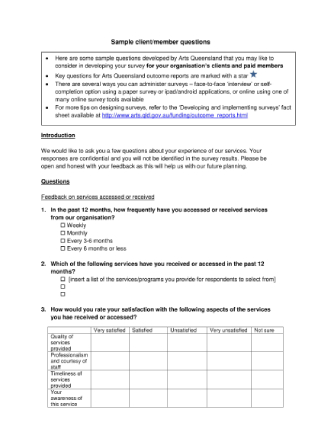
Client Survey Questions
Get to know your clients by formulating questions for your survey.
-

Clinician Group & Adult Survey
Gain a deeper insight of your department by administering a survey.
-

College Student Experiences Survey Questionnaire
Improve the services of your business or organization by taking a closer look into your targeted audience.
-

Emergency Department Patient Experience Survey
Find out if patients are satisfied with your care and service through the survey results obtained.
-
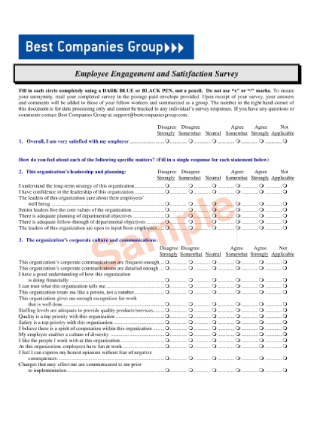
Employee Engagement and Satisfaction Survey
Make your employees a key priority with the help of your survey findings.
-
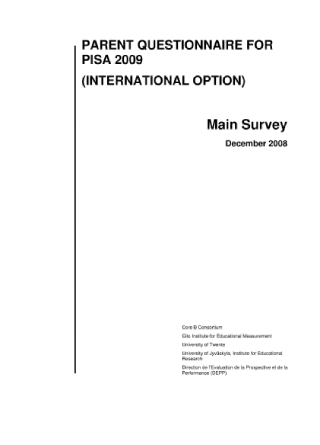
Parent Survey Questionnaire
Study the needs and demands of struggling parents through a strategically prepared survey questionnaire.
-
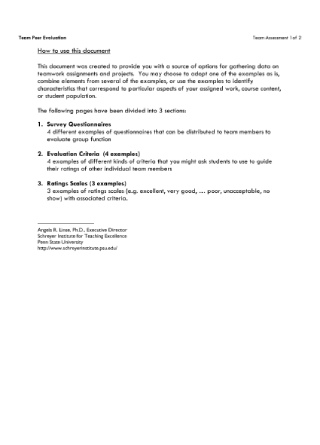
Team Assessment Survey
Improve business operations by evaluating how your internal teams perform with the use of a survey.
-
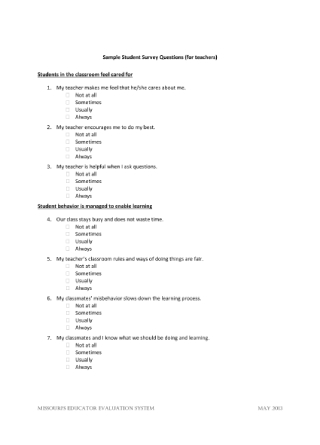
Student Survey Questions for Teachers
Discover loopholes in the educational system by getting to know your students through a survey.
-

City Life Survey
Uncover the major problems of life in the city by using a survey to determine a means to resolve them.
-

College-Student-Financial-Literacy-Survey
Use a survey to see how your company can assist college students with their lack of financial literacy.
-
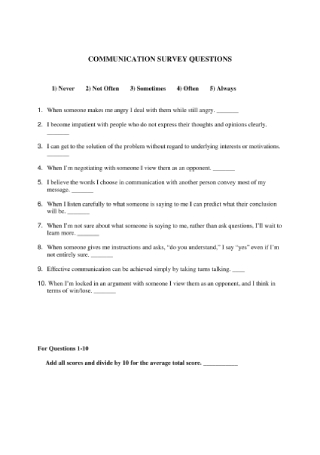
Communication Survey Questions
Develop a better means of communication by using a survey to identify troubling areas.
-
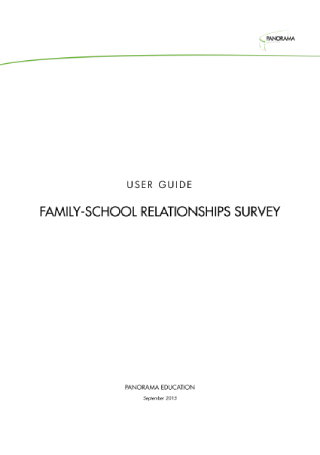
Family-School Relationship Survey
Gather useful data on a specified market’s family-school relationships to help advance your study.
-
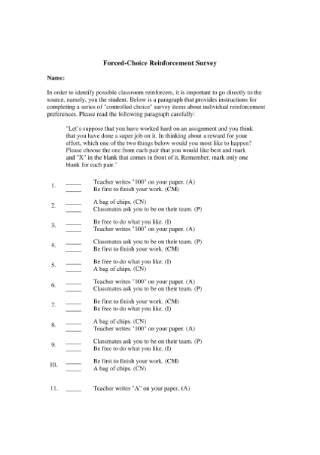
Forced-Choice Reinforcement Survey
Understand how this type of survey is used to obtain definitive opinions from respondents.
-
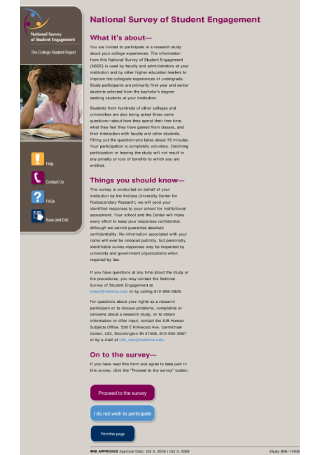
National Survey of Student Engagement
Understand the lack of engagement among students to solve major problems that exist in the system.
-
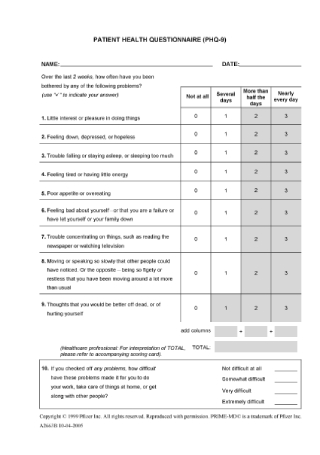
Patient Health Survey Questionnaire
Get to know your patients and their conditions by collecting information through a survey questionnaire.
-
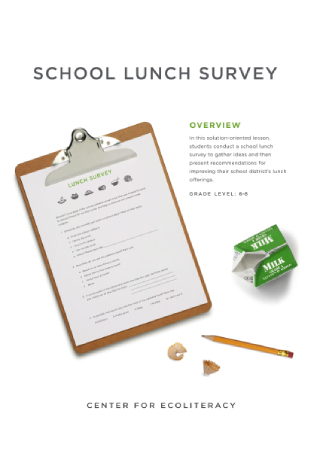
School Lunch Survey
Find out what people think about the school’s lunch offers by conducting a thorough survey.
-

Student Academic Experience Survey
Use this survey to study more about what students really need for a better learning experience.
-
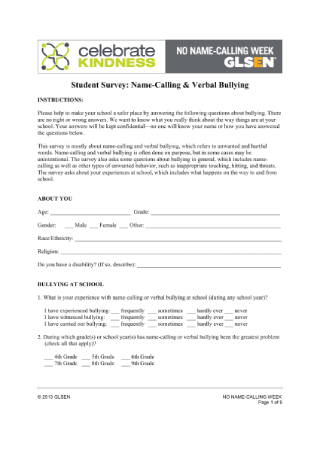
Student Survey for Name-Calling & Verbal Bullying
See how social issues continue to taunt students and what your business can do to address them.
FREE Surveys in Business Development s to Download
19+ Survey Samples
What Is a Survey?
The Role of Surveys in Business
What Is a Survey?
It’s a simple question to ask, but not everyone can seem to appreciate its answer. A survey refers to a method of gathering information from a specified population. This is done with the intention of generalizing the results garnered from the survey to an even larger group of people. It’s a common source of data for anyone engaged in the information economy, as it provides a deeper insight into topics that need to be tackled.
The Role of Surveys in Business
Nothing matters more than how the masses perceive your products, services, and business as a whole. After all, without the approval of the public, there’s no way you could survive the obstacles and threats of the competitive market. It’s nearly impossible to get a product or concept off the ground if your target audience fails to see its significance. You could have the most promising idea in mind, but how do you think consumers feel about it?
Finding out exactly what your consumers want is not the easiest task in the world. Although it’s not hard to see why surveys are considered to be tedious and difficult to parse relevant data from, they offer highly valuable knowledge that can help you achieve your business objectives effectively. With that said, here are four reasons why you should conduct a survey:
At the end of the day, surveys offer a clear snapshot of what consumers and prospects are looking for. Any internal or external factors affecting your business may easily be addressed by designing a marketing strategy with the help of a survey.
